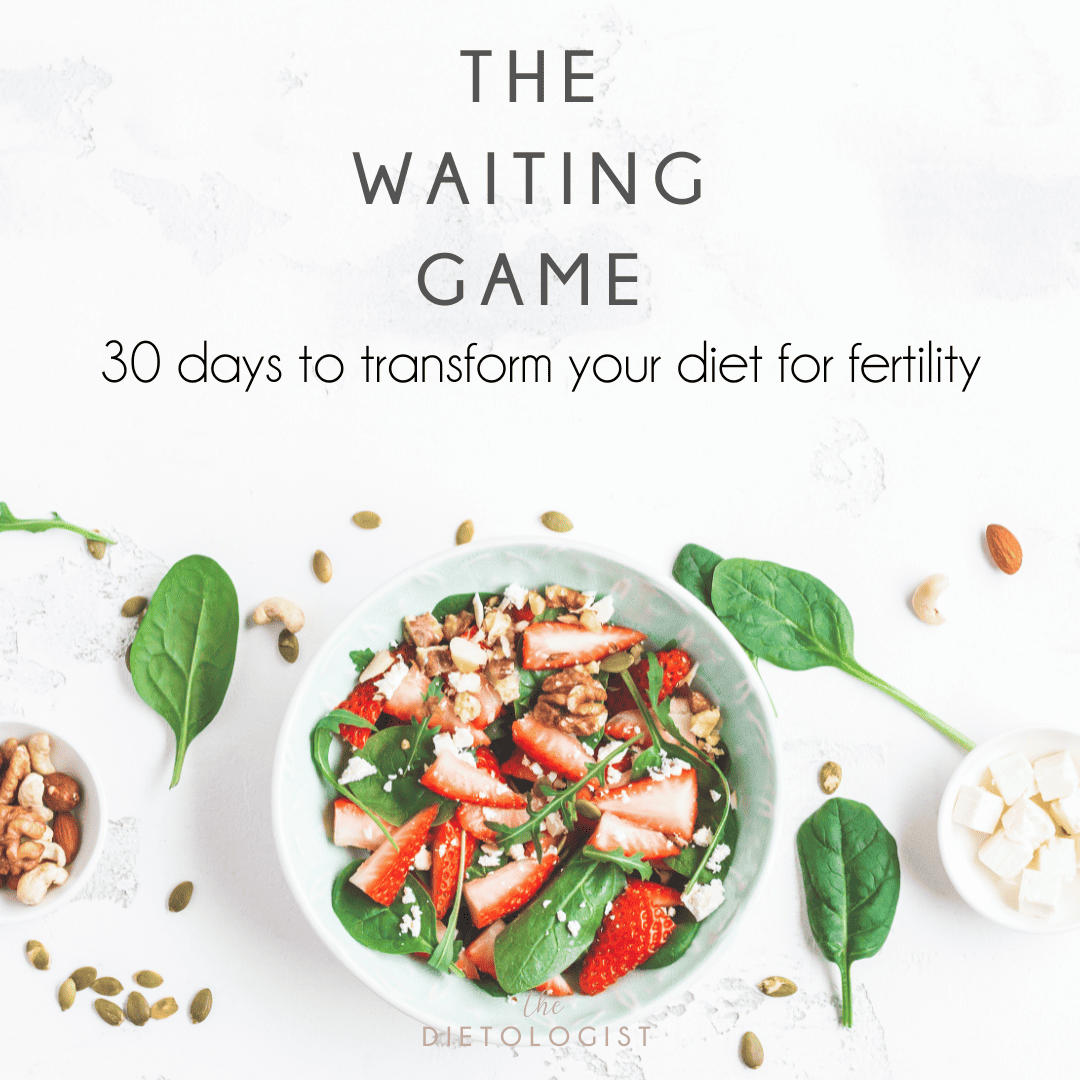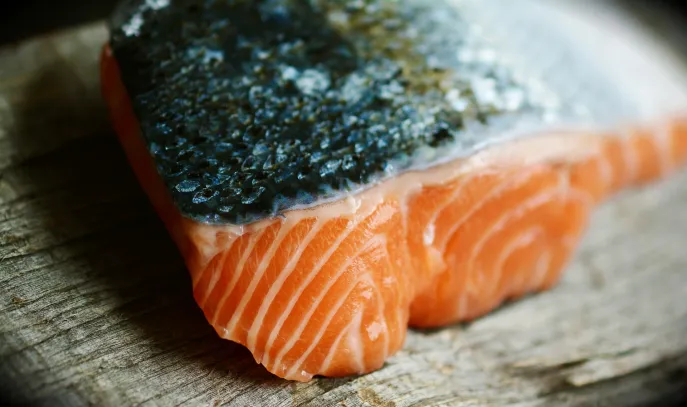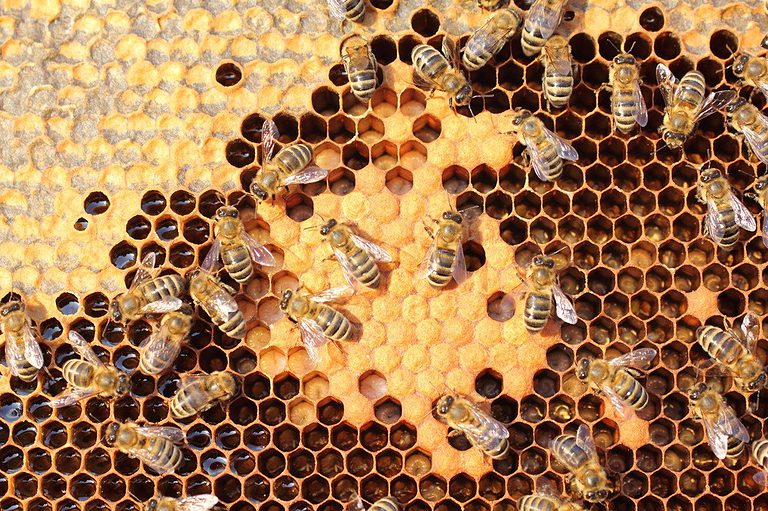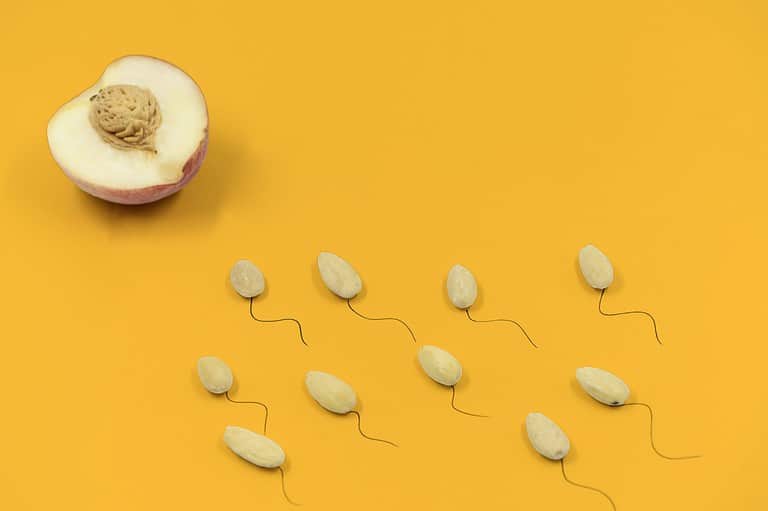Ever heard of cervical mucus? This often-overlooked discharge that you see in your underwear is actually an important marker of your cycle and fertility- let’s dive into how you can improve the health and production of your cervical mucus!
Cervical mucus is a gel-like discharge released from the cervix, with the thickness and quantity of mucus changing depending on what stage you are at in your menstrual cycle (Chertoff, 2019).

Cervical mucus is most prominent around the time of ovulation, and is normally thin and watery – a similar consistency to egg whites – to allow sperm to swim through it and fertilise the egg (Villines, 2020). Fertile cervical mucus actually helps sperm move along the cervix to reach the egg, and keeps the sperm healthy as they travel (Villines, 2020). Thick or low quality mucus can prevent sperm reaching the egg, therefore impacting your ability to fall pregnant (Chertoff, 2019).
Cervical mucus defects or dysfunction has been found to be responsible for around 3% of subfertility cases (Ebisch et. al, 2006), however the good news is there are foods you can include in your diet to support the health and production of this mucus!
Read more about what to eat and avoid to maximise your fertility.
1. Foods rich in Omega-3s
Long chain omega-3 fatty acids have been found to improve female fertility, by increasing good quality cervical mucus and promoting ovulation (Gaskins et. al, 2017). Foods rich in omega-3s can help regulate hormones too, so including these into your diet is very beneficial for your cervical mucus (Gaskins et. al, 2017).
Examples of food rich in omega-3 fats include:
- Nuts
- Hemp seeds
- Flax seeds
- Chia seeds
- Salmon
- Eggs (the yolk!)
- Sardines
2. Foods rich in vegetarian protein
Regularly eating foods rich in vegetarian protein has been found to improve ovulatory fertility and vaginal mucus (Gaskins et. al, 2017). Getting 5% of your energy or calorie requirements from vegetarian sources, instead of animal proteins and carbohydrates was linked to a 50% lower risk of ovulatory infertility in women (Gaskins et. al, 2017)!
Foods rich in vegetable protein include:
- Tofu
- Tempeh
- Beans
- Lentils
- Edamame
- Whole grains
- Nuts and seeds

Discover the Ultimate Fertility Diet: Boost Your Chances of Conceiving with our 30-day program!
Want to Discover the optimal diet for Fertility?
Join The Waiting Game – A 30-day online program to leave you feeling confident and empowered on your fertility journey!

3. Dark green vegetables
Dark green leafy vegetables are so important to include in your diet to keep your body healthy – and this translates to the health of your cervical mucus. Vegetables like spinach, broccoli and bok choy are rich in zinc, potassium, iron and other essential minerals, helping keep your body healthy, and your cervical mucus fertile. They are also great for supporting sperm as they travel through your cervical mucus. These vegetables are also super rich in fibre, folate, Vitamins C and K, calcium and antioxidants – all vital minerals and vitamins when hoping to conceive (Arora, 2019).
Bonus – these vegetables are fabulous for sperm health, so get your man onto them too!

4. Foods rich in B Vitamins
Estrogen changes the texture of cervical fluid, making it more able to support fertility (Villines, 2020).
B Vitamins play an essential role in supporting the production of estrogen in a woman’s body (Lockett, 2019). Incorporating foods rich in these vitamins can benefit your cervical mucus.
Great sources of Vitamin B include:
- Whole grains
- Poultry
- Fish
- Eggs and dairy
- Legumes
- Nuts and seeds
- Dark, leafy vegetables (again!)
- Bananas
- Citrus fruits

5. Foods rich in Vitamin D
Vitamin D also plays a key role in estrogen synthesis, making it essential for healthy cervical mucus (Lockett, 2019)!
Foods rich in Vitamin D include:
- Salmon
- Sardines
- Egg yolks
- Mushrooms

6. Water!
While technically not a food, water is essential for the health of your cervical mucus! 96% of your mucus is actually water, so it makes sense that drinking more water is the easiest way to increase the production of this mucus (Arora, 2019). Water also plays an important role in transporting hormones around your body and thins cervical mucus out, making it easier for sperm to travel to their destination (Arora, 2019)!
These foods are fantastic for mucus health, so try adding them to your diet today!
Looking for more ways to improve your fertility? Get personalised advice, and apply to work with me one-on-one today – let’s develop a tailored plan to help you reach your goals!
This blog was co-written by Emily Smith, a Nutrition and Dietetics student at The University of Sydney. You can find Emily on Instagram @emilygracehealth and on LinkedIn.







